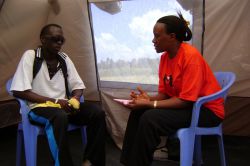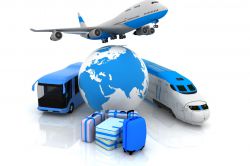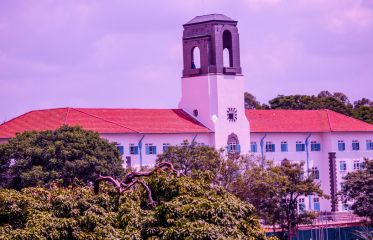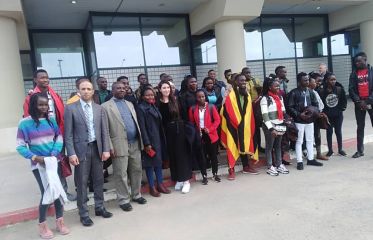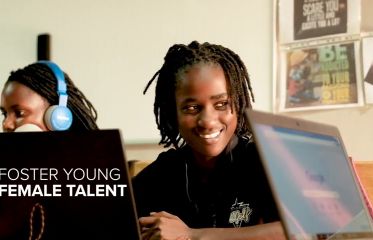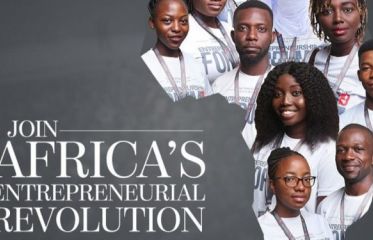Breaking News
- Ministry of Education and Sports Azerbaijan Government Scholarships For 2025-2026 Academic Year ...Read More
- Government Sponsorship Undergraduate Admission Lists 2025-26 for Makerere University ...Read More
- Ministry of Education And Sports: Egyptian Government Scholarships 2025-2026 Academic Year ...Read More
- Ground Breaker Full Scholarship for girls to study Software Engineering 2025 July Intake ...Read More
- Tony Elumelu Foundation Entrepreneurship Programme (TEEP) 2025 for young African Entrepreneurs ...Read More
- DESIGNING FUTURES 2050 International Design Competition 2025 (€15,000 prize) ...Read More
- Ground Breaker Full time Scholarship for girls to study Software Engineering 2025 Intake ...Read More
- Ministry of Education And Sports Algerian Vocational Training Scholarships for 2024-2025 AY ...Read More
- Ministry of Education and Sports Advert for the Algerian Government Scholarships for 2024-2025 ...Read More
- Uganda Dev Summit 2024 Live Stream ...Read More
Accelerator for Ventures Serving Displaced People 2022
The Problem
Forced displacement is one of the defining social crises in our lifetimes. The number of forcibly displaced people (FDP) — a population that includes refugees, internally displaced people, asylum seekers, hosting communities, and those displaced by conflict or climate impacts — surpassed 80 million in 2020, and projections suggest that 250 million to 1 billion could be displaced worldwide by 2050 from climate change alone.
Eastern Africa is being affected by a series of destabilizing social and climatic shocks that are forcing displacement. This is especially concerning given that the region currently hosts over 4.5 million refugees and 8 million internally displaced people. Humanitarian efforts—while critical—often do not address the longer-term, systemic challenges around employment, economic opportunity, and self-reliance presented by this crisis for the region's millions of refugees, asylum seekers, and people displaced by climate change. Most forcibly displaced people will never return home, and durable solutions within hosting communities are needed.
Refugee owned, refugee-led, or refugee-supporting social enterprises can help to unlock the potential of forcibly displaced communities with business models that promote self-reliance: the social and economic ability of forcibly-displaced people and their host communities to meet their essential needs without external aid. To assist social entrepreneurs who work in or seek to expand into this space, this accelerator will equip leaders with the moral leadership lessons, business skills, and learnings from our portfolio companies to confidently scale their enterprises and build scalable, inclusive, and sustainable solutions.
Learn How To:
- Refine and develop a profitable and scalable business model
- Identify key opportunities for growth while supporting either displaced or hosting communities through market, workforce, and value-chain entry points
- Develop the hard-edged leadership skills necessary for building better, inclusive, and sustainable business solutions
- Sharpen your presentation skills and practice pitching to an audience of investors and entrepreneurs — with a chance to receive a share of US $75,000 of grant funding
- Build a professional network and community of social entrepreneurs in East Africa who are committed to tackling displacement and inequality
Who is Qualified to Apply?
This accelerator is open to entrepreneurs who:
- Run a for-profit social enterprise based in Kenya, Uganda, or Ethiopia
- Are advancing self-reliance in and between forcibly displaced populations and their hosting communities in at least one of the following ways:
- Serving communities vulnerable to displacement, forcibly displaced populations and/or hosting communities as customers
- Providing decent work and employment to communities vulnerable to displacement, forcibly displaced populations, or hosting communities
- Sourcing from communities who are affected by displacement, communities vulnerable to displacement, or hosting them
- Have a demonstrated track record of at least 1-3 years, some market traction, and are preparing to scale
- Favorable consideration will be given to teams promoting climate resilient solutions
- Learn more about qualifications in the below FAQs
How it Works
Over 10 weeks, two members of your leadership team will learn the essentials for building a scalable business model that achieves both profitability and impact. Working virtually alongside a close-knit cohort of entrepreneurial peers, you’ll examine how your business model currently serves forcibly displaced people and their host communities and test strategies to further access the FDP market. You’ll learn how to finance your business as it scales, practice pitching, and receive feedback and tips from Acumen’s network.
As a participant, you’ll also have access to industry and impact-specific case studies, video tutorials and practical readings, and receive invaluable one-on-one support and guidance from our team. Each week, you’ll complete assignments designed to help you think critically about your business model and introduce best practices to reach and serve forcibly displaced populations, and then join weekly interactive Learning Labs alongside your cohort members to give and receive feedback and learn together.
Throughout the journey, you’ll dive into Acumen’s Moral Leadership practices, like Listening to Voices Unheard and Partnering with Humility and Audacity. These skills are vital for any leader looking to reimagine what society and the workforce can look like and drive actionable change.
The program will culminate with a virtual closing session where you’ll have the opportunity to pitch your venture. The top three ventures selected will receive a share of US $75,000 of grant funding.
Time Commitment and Course Access
You should expect to spend at least 8 hours per week on the readings and assignments. Most of this work can be done on your own schedule.
One or two participants from the leadership team of your social enterprise (i.e. CEO, Co-Founders) will be required to take part in virtual 2-hour sessions with the cohort each week. Up to 10 people from your enterprise may receive access to the curriculum materials.
Apply Here >>>
Top Courses Currently Admitting
-
Diploma in Records & Archives Management
Uganda Institute of Information and Communication Technology
-
Bachelor of Applied Psychology
Makerere University
-
Diploma in Computer Science
Datamine Technical Business School
-
Bachelor of Public Relations Management
Ndejje University
-
Bachelors of Science in Healthcare Administration and Management
Ernest Cook Ultrasound Research and Education Institute (ECUREI)









